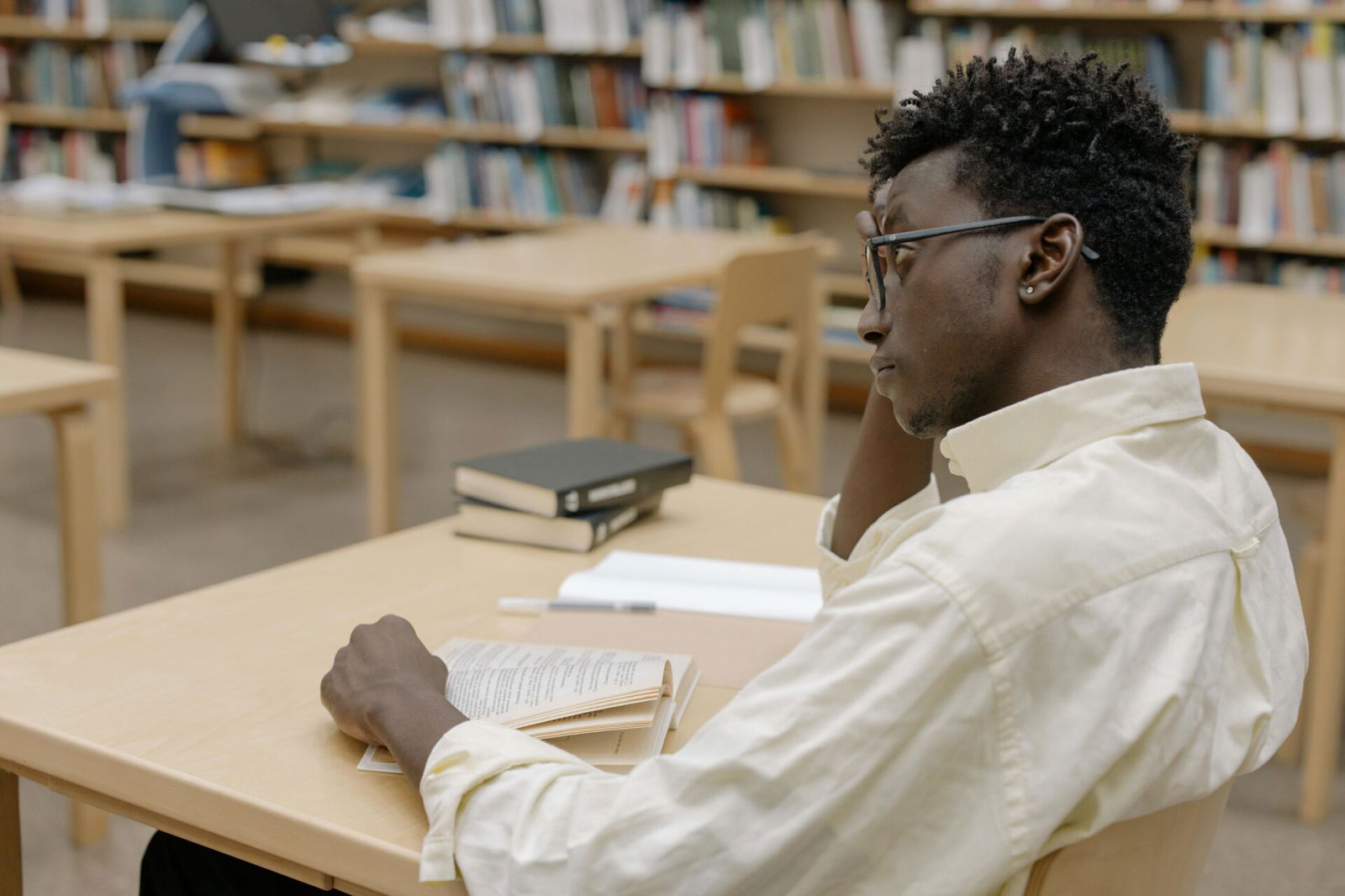
September 11, 2024
Black Male Enrollment At HBCUs Trends Down And Has Dwindled Over The Last 50 Years
Some reasons for the decline include inadequate college preparation from grades K-12, a lack of Black male teachers, and financial barriers both from the prospective students and the HBCU institutions themselves.
A report from the American Institute for Boys and Men released in late August depicts that the enrollment numbers of Black men at HBCUs have been on a steady decline over the last 50 years.
According to the report, which pulls numbers from the Department of Education’s Integrated Postsecondary Education Data System, Black men went from 38% enrolled at HBCUs in 1976 to 31% in 2005 to 28% in 2022.
Some reasons for the decline include inadequate college preparation from grades K-12, a lack of Black male teachers, and financial barriers both from the prospective students and the HBCU institutions themselves.
Furthermore, the report details that there has been an 11% overall drop in enrollment at HBCUs since 2010, which is consistent with other colleges and universities, but notes that Black men’s decline outpaces that figure by more than double.
Black men’s declining enrollment numbers come across as a crisis. The enrollment numbers for Black men at colleges and universities in general are down by 22% but down at HBCUs by 25%. However, the report does note that post-George Floyd, the application numbers for Black men at HBCUs rose following the depressed numbers of the COVID-19 pandemic, and subsequently, enrollment numbers for Black men have outpaced other groups but remained below pre-pandemic numbers.
As Inside Higher Ed reported, HBCUs have seen increased applications and enrollments since the Supreme Court’s ruling against affirmative action in 2023. However, they questioned whether the intentionally underfunded universities could withstand the increased strain on their resources.
According to Harry Williams, the president of the Thurgood Marshall College Fund, the interest in HBCUs is as high as it’s ever been.
“Alabama State, North Carolina A&T, Morgan State—they’re all seeing record numbers. Even smaller schools like Bowie State [in Maryland] are bursting at the seams,” Williams told Inside Higher Ed. “After [the] affirmative action [ruling], interest in historically Black colleges and universities is at an all-time high.”
Williams continued, “Everything that’s been going on politically, from affirmative action to DEI, sends a message to Black students that they don’t belong,” Williams told the outlet. “At an HBCU, you’re never going to have that question, and all of the support, resources and scholarship money being taken away elsewhere are already built into the structure [at HBCUs] …there’s value in a sense of belonging.”
Although he is optimistic about the enrollment numbers, Williams also addressed the concern over whether the infrastructure at HBCUs is equipped to handle an influx of students.
“The [enrollment] boost has created another challenge for our institution, and that is infrastructure,” Williams said. “It is certainly a positive thing, but the presidents at all our institutions are worried about whether it can be sustainable.”
Calvin Hadley, assistant provost for Academic Partnerships and Student Engagement at Howard University, told Inside Higher Ed that the lack of Black men on campus is palpable.
“That 25 percent, you feel that in every class, you feel that on the yard, you feel that at events,” he said. There are noticeably “far more females on campus than males.”
Hadley also made sure to celebrate the Black women on campus, saying that “we need to ensure, with all of these educated Black women who graduate and get out there and become the CEOs and executives they will,” adding that he hoped that Black men were not left behind and saw themselves as capable of achieving what their female counterparts would go on to achieve as well.
The American Institute for Boys and Men’s report concludes that although some numbers are trending up, the overall decline in Black men’s participation in higher education paints a troubling picture. They recommend reforms in the K-12 system, including an increase in the representation of Black male teachers. They also call for expanding funding for both HBCUs and their potential students to help HBCUs operate at their full capacity to support Black men’s economic and educational advancement in America.
Derrick Brooms, the executive director of the Black Men’s Research Institute at Morehouse College, agrees with the report’s recommendations and wants action taken to capitalize on positive momentum.
“HBCUs outperform other institutions” in conferring degrees, Brooms told Inside Higher Ed. “We know that if we have declining numbers of Black men attending HBCUs, coupled with declining enrollment of Black men at other institutions, then in effect, we will have decreased numbers of Black men earning bachelor’s degrees.”
Broom continued, “That means there’s a whole cadre of employment opportunities [many] Black men won’t be qualified for. We can’t sit back and wait or expect that the trend goes on its own.”
RELATED CONTENT: Here’s Why Applications For Historically Black Colleges & Universities Are Surging